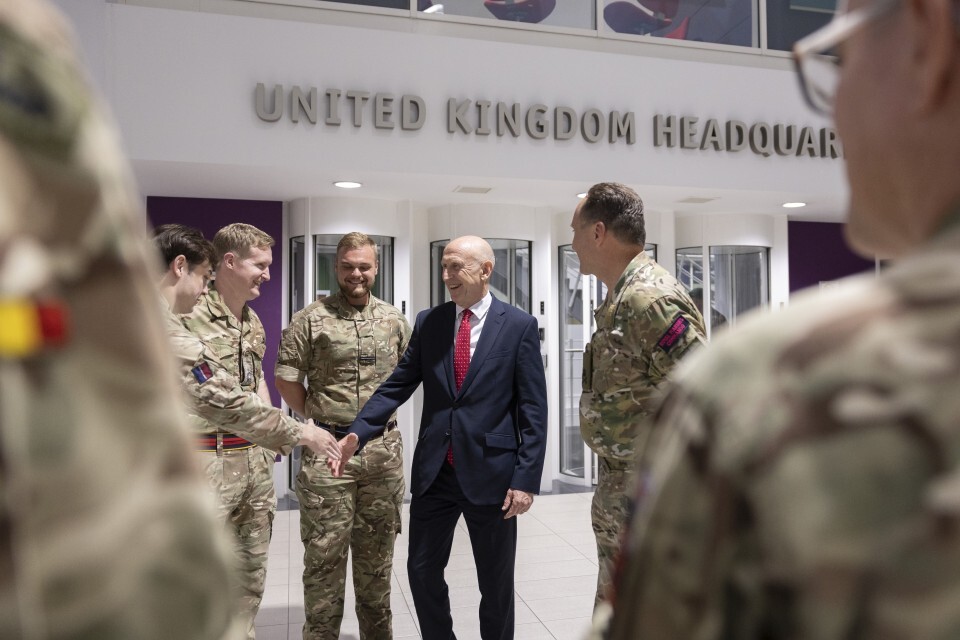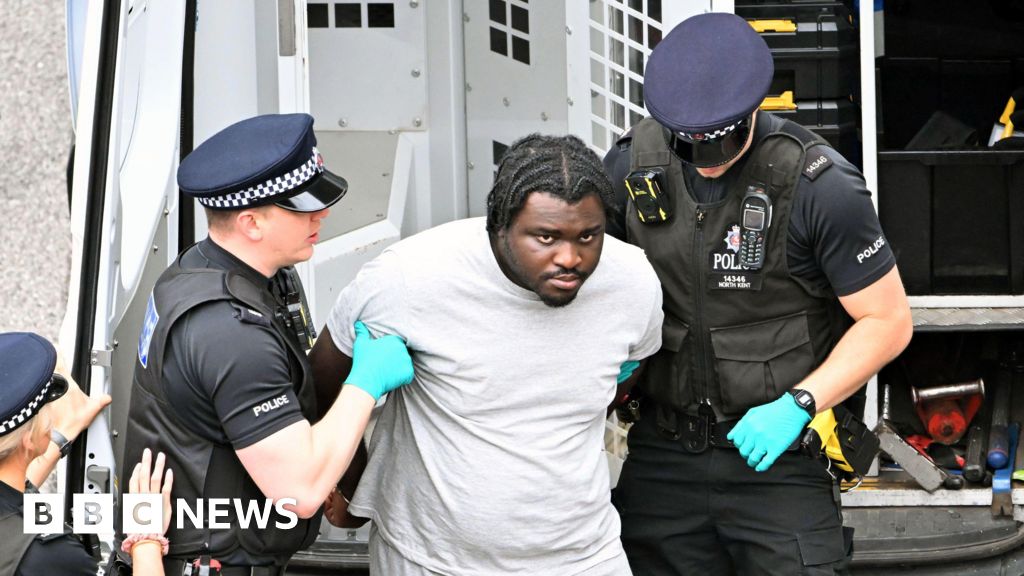You can't train soldiers effectively for war unless the training is 'war like'

A Bureaucratic Approach to Safety is Weakening the British Army’s Training
The growth of an overly burdensome safety regime is restricting opportunities for the British Army to train at scale. This poses risks of higher casualties and reduced capability if it is called on to fight a war, and of reducing safety through undermining confidence.
In recent years, a number of fatal accidents involving UK service personnel have been reported, each a tragedy in its own right. At the same time, since the withdrawal from Afghanistan, the armed forces have become a significantly safer environment than the wider civilian world; service personnel are
56% less likely to die each year than their civilian peers. While statistics are no comfort to a grieving family, this provides some perspective for the evaluation of Defence’s approach to safety.
Two years ago, a brave syndicate of young officers published an article on the
extreme shortage of collective military training in the British Army. While levels have significantly improved in spite of severe resourcing issues, this article will argue that the present rules-driven, top-down approach to safety is holding training back – and may be less safe than a more balanced approach. Safety bureaucracy is also arguably hampering innovation and the development of resilience against the unexpected dangers inevitable in war.
The armed forces are subject to the same health and safety legislation as business, except where the Secretary of State explicitly waives it, but Defence cannot be prosecuted except – in extremis – for corporate manslaughter under the Corporate Manslaughter and Corporate Homicide Act 2007, something which
may be tested for the first time shortly.
Defence’s approach to safety is grounded in
Lord Justice Haddon-Cave’s report on the Nimrod accident in 2006, in which 14 RAF aircrew died in a fireball. His report is recognised as a landmark document. He unearthed a range of institutional and individual shortcomings, and showed moral courage in, for example, dismissing the findings and comments of his fellow judge, the coroner on the case.
Haddon-Cave’s proposals were rooted in four principles:
- ‘… strong leadership from the very top, demanding and demonstrating by example active and constant commitment to safety and Airworthiness as overriding priorities’.
- Thorough independence throughout the regulatory regime, in particular in the setting of safety and airworthiness policy, regulation, auditing and enforcement.
- Much greater focus on People in the delivery of high standards of Safety and Airworthiness (and not just on Process and Paper).
- Regulatory structures, processes and rules must be as simple and straightforward as possible so that everyone can understand them.
These were prescribed for all three services, but this short article focuses on the Army.
The growth of an overly burdensome safety regime is restricting opportunities for the British Army to train at scale. This poses risks of higher casualties and reduced capability if it is called on to fight a war, and of reducing safety through undermining confidence.

rusi.org












